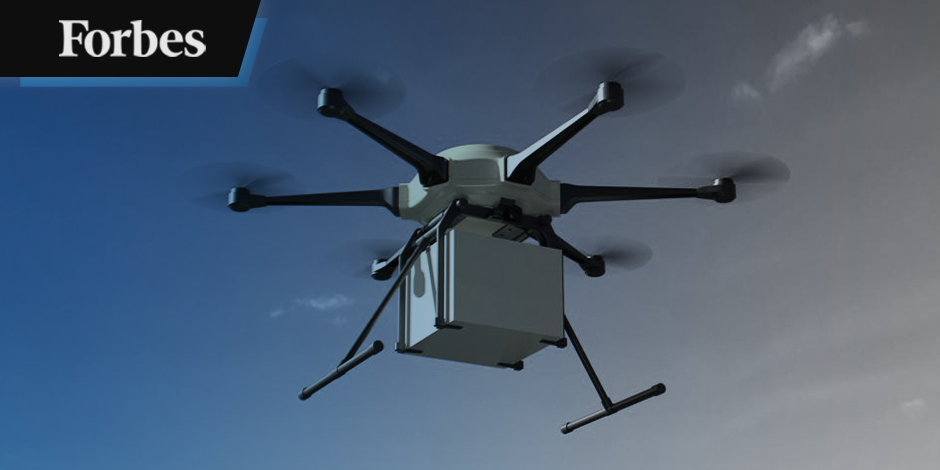How soon do you really need that box of instant stuffing or a new head for your electric toothbrush? How about an hour from now, or maybe even 30 minutes?
By land or drone, the retail industry is waging big money on just such last-mile delivery timelines, although the prospect of a return on investment seems murky at best.
The most recent development is from Amazon, the birthplace of two-day delivery and its next-day delivery for Prime subscribers. Now the company is planning an ambitious expansion of the reach of its newest delivery option, same-day. For the past three years, Amazon has been building a network of smaller warehouses designed to fulfill orders for immediate delivery. According to a recent report in The Wall Street Journal, about 45 smaller sites are up and running, with another 100 or so in the pipeline.
Target also made news recently, saying it intends to invest $100 million over the next three years to expand its next-day delivery capabilities. Unlike Amazon, Target (like its brick-and-mortar competitors) has thousands of stores it has been using as distribution hubs.
Target has been getting high marks for its click-and-collect operations. The company told analysts in November that online orders now make up a substantial portion of Target’s sales (20% in the 2022 third quarter), with stores handling about 95% of the fulfillment.
Similarly, Walmart told analysts last month that its store-fulfilled delivery sales nearly tripled over the last two years to more than $1 billion a month. More than 3,900 of its US locations offer same-day delivery.
All of this is good for consumers. For retailers, however, the last mile is proving to be the longest and most costly. A frequently-cited study based on a survey of retailers in 2018 found that last-mile delivery costs an average of $10.10 per package, of which the customer only covers $8.08.
Bringg, a delivery solutions provider, reported recently that its survey of 500 U.S.-based retail supply chain and related managers found that nearly 90% “were struggling with their last-mile delivery operations.”
A decade ago, Amazon’s Jeff Bezos teased the world in a 60 Minutes interview with an intriguing solution — a fleet of delivery drones that could fly parcels to customers’ homes in half an hour. Bezos confidently predicted deliveries would be made by drone by 2018 or thereabouts. Critics called his prediction a stunt.
An investigative report by Bloomberg a year ago determined that after sinking $2 billion into the project with a team of more than 1,000 people, “Amazon is a long way from launching a drone delivery service.” It was finally launched in January of this year. In the first month, it served fewer than 10 houses, according to a detailed report on TheVerge.com.
Walmart has been tweaking its own drone program, which offers 20,000 items that can be flown from 36 of its US stores. The company reported recently that it made over 6,000 drone deliveries last year, with favorite items including cookies, rotisserie chicken, energy drinks, and paper towels.
The obstacles to widespread drone delivery of consumer goods strike a layman like myself as insurmountable. There are spiderwebs of regulation from the FAA all the way down to your local borough hall. There are safety issues. What about privacy? Let alone how your neighbors might feel about all the buzzing through the neighborhood.
So, what do consumers think? According to a Morning Consult survey, 57% of adults said they had little or no trust in drones for deliveries. The cost of drone operation is, at this stage of development, staggering.
McKinsey & Co. recently reported that “regulations in most countries and regions state that people can only operate and monitor one drone at a time.” McKinsey estimates that a single-package drone delivery (typical weight limit is 10 pounds) has a direct operating cost of approximately $13.50… for a box of cookies?
Will we still be talking about same-day delivery in 10 years? Will the skies be thick on Thanksgiving with drones delivering the ingredients we forgot to pick up for dinner? Who knows? What about frozen turkeys falling from the skies?
What I do feel confident to suggest is that human beings will still like to go shopping. As Kamau Witherspoon, CEO of Target-owned Shipt, recently said, when it comes to success in retailing, you need lots of options, including “a phenomenal store experience.”

















